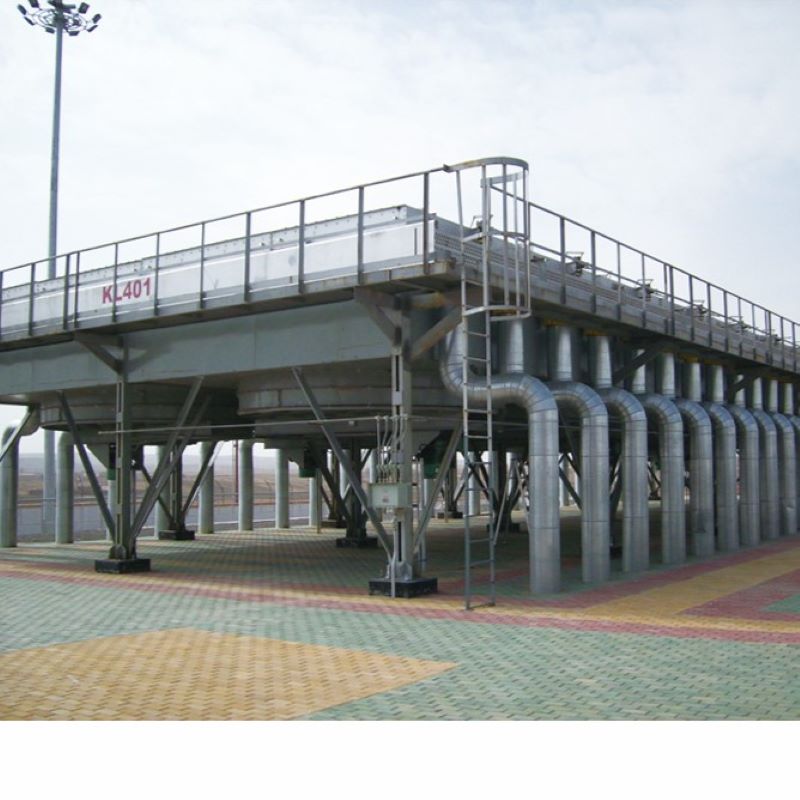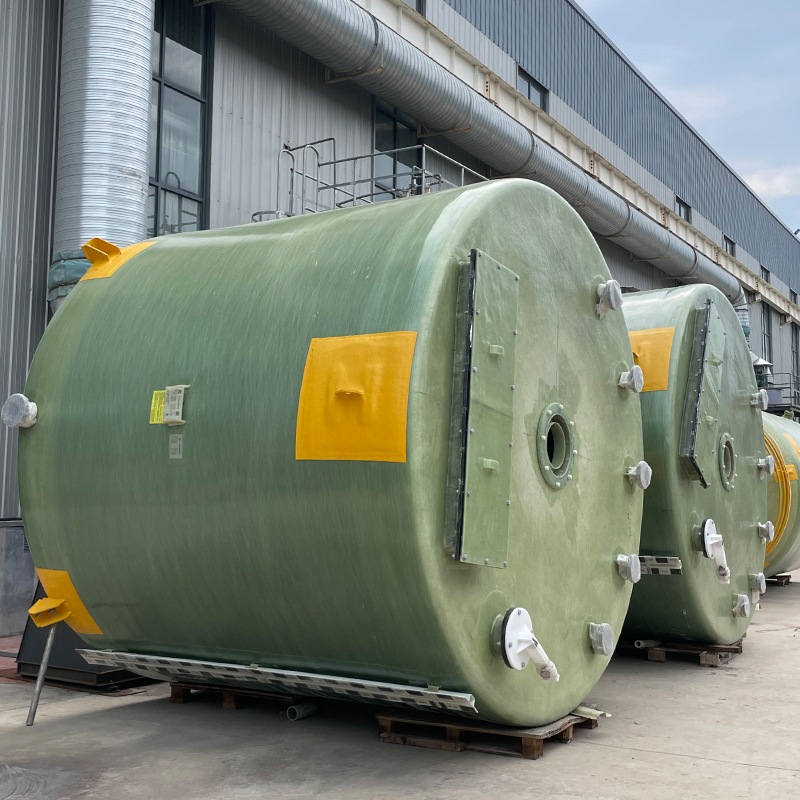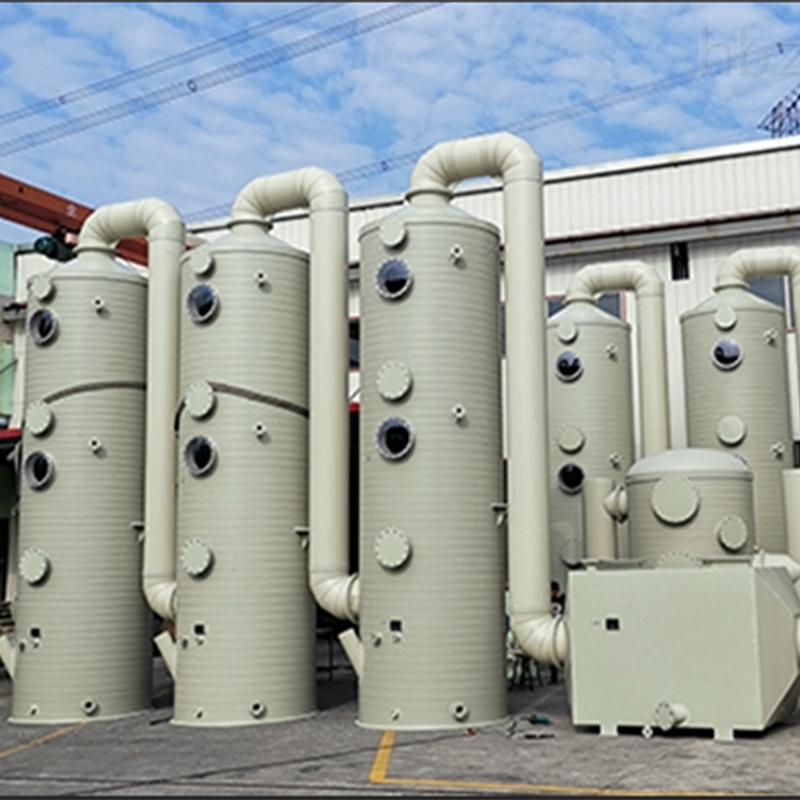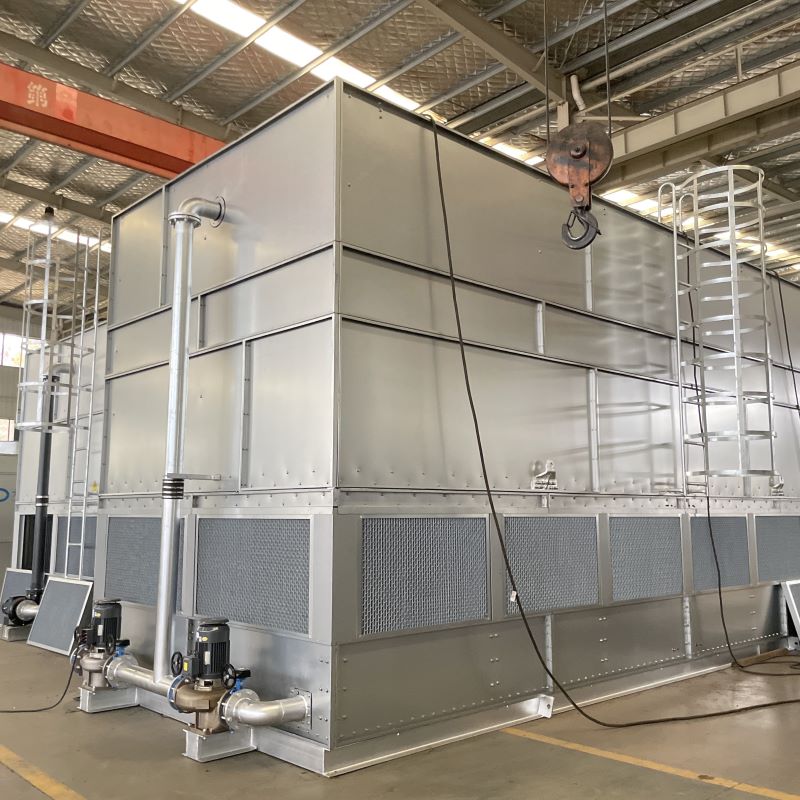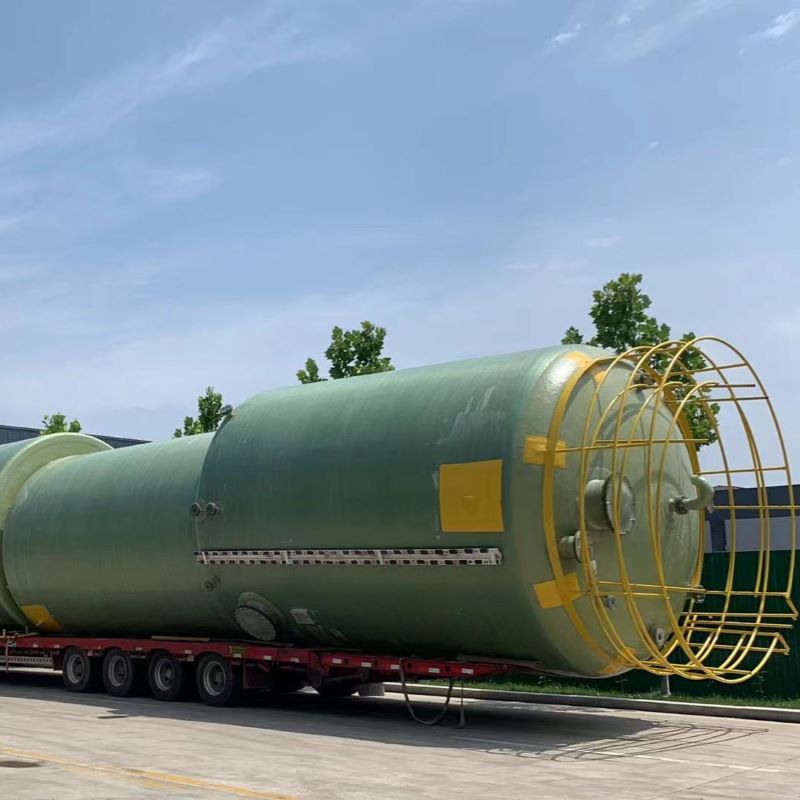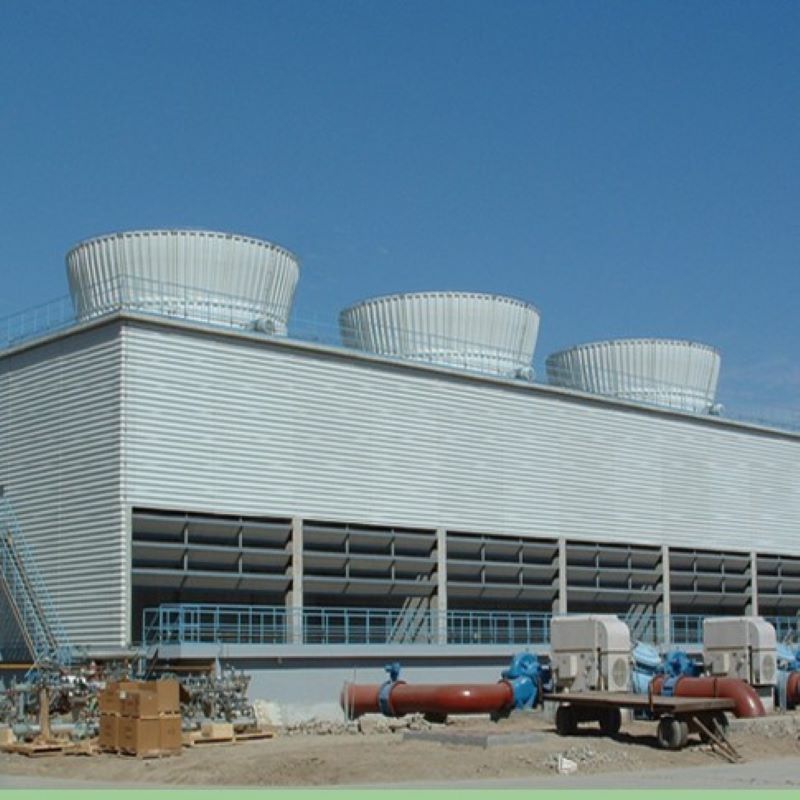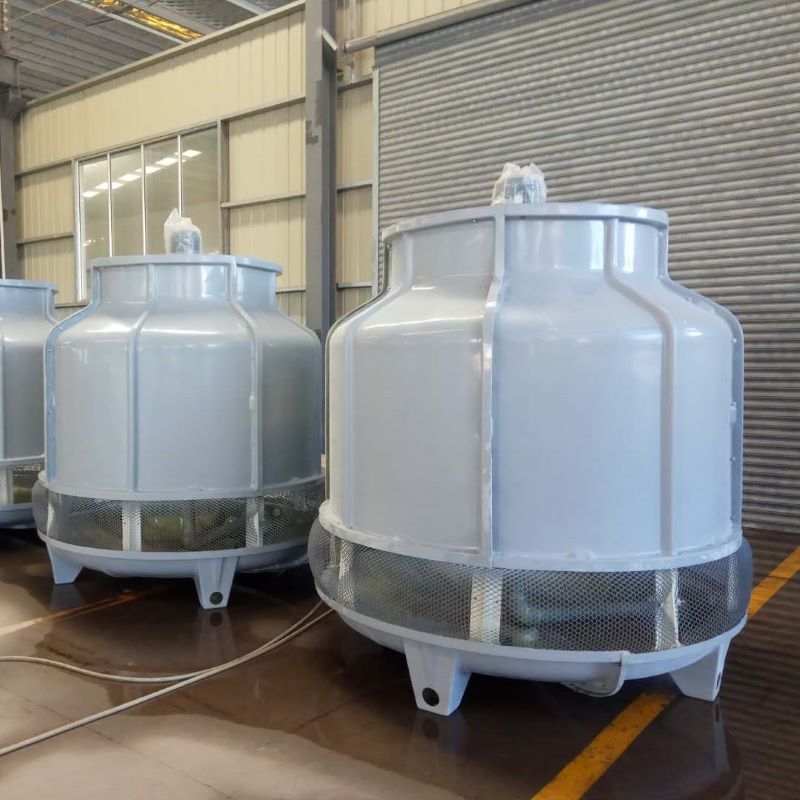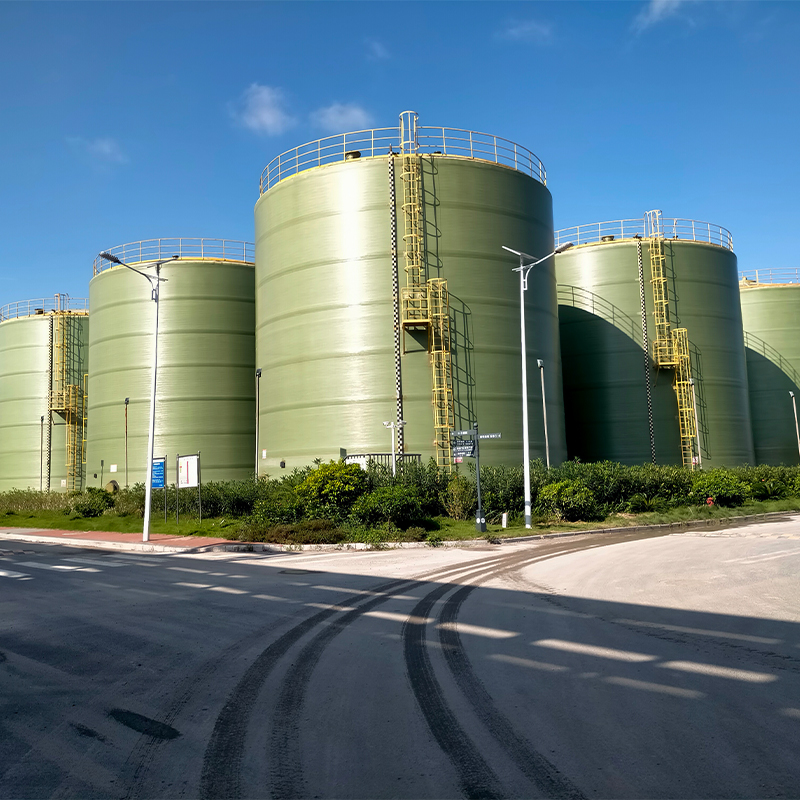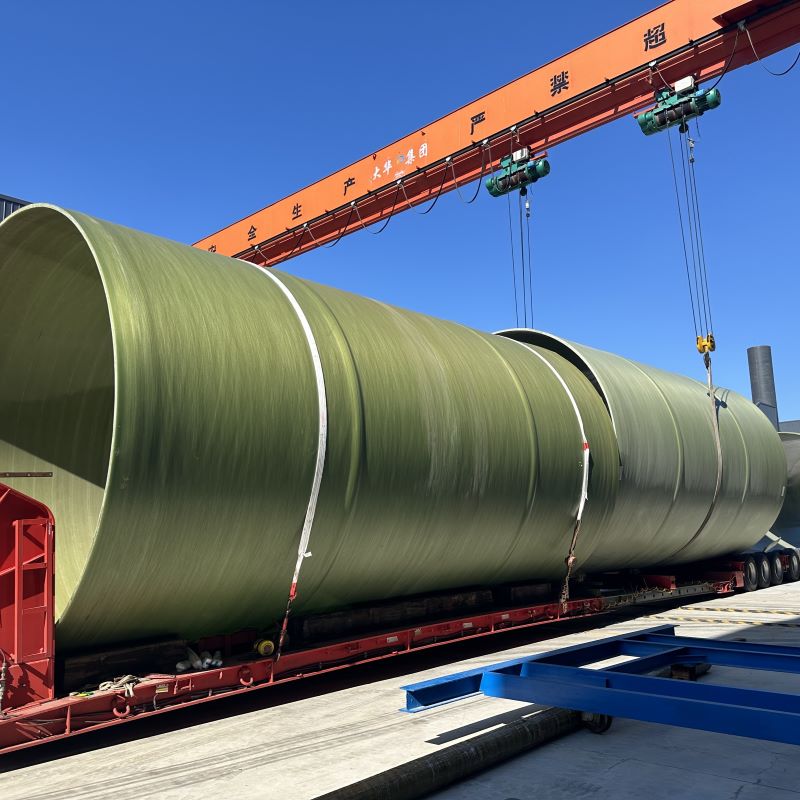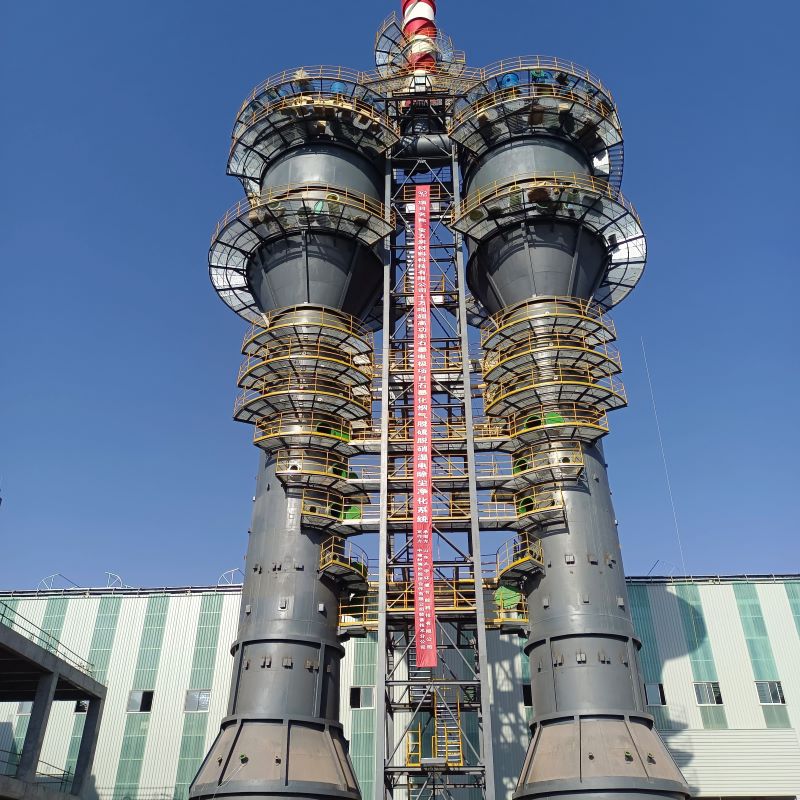
OEM Potassium Sulfate EPC Project
Understanding the Dynamics of an OEM Potassium Sulfate EPC Project
In the kaleidoscopic world of chemical production, an OEM Potassium Sulfate EPC Project can both intrigue and bewilder. Potassium sulfate, a high-demand agricultural input, often requires a closer look into the full project lifecycle to truly grasp its complexities. It is more than just the final product; it's about the expertise, project management, and technological frameworks at play.
The Essence of EPC in the Chemical Sector
EPC—Engineering, Procurement, and Construction—projects like this one are prominent in sectors where precision and timing are everything. These ventures are not only about setting up a plant but also about ensuring that production meets rigorous standards. In an OEM Potassium Sulfate context, the EPC model is crucial because it integrates every stage, from conceptual design through to the commissioning and the operational handover.
When embarking on such a project, many enterprises, especially those without prior experience, can underestimate the challenges involved. Supply chain coordination, intricate engineering demands, and unforeseen regulatory hurdles often become apparent too late. This is why those who have been in the industry for a while will emphasize comprehensive risk assessments and contingency planning.
Part of the allure of an EPC project is the consolidated responsibility. A single contractor managing everything reduces risks associated with coordination between multiple entities, but it does place immense pressure on accurate early-stage planning and partner selection.
Technical Challenges and Problem Solving
In my experience with several chemical plants, whether it's through a company like https://www.sddahuagroup.com, pragmatic problem-solving becomes critical. One notable challenge is the raw material logistics. Potassium sulfate production frequently involves multiple chemical processes that depend on a steady and reliable supply chain. Any disruption can lead to costly delays.
Moreover, the choice of technology plays a pivotal role. It's not just about what is available but what can be adapted or optimized for specific production goals. For instance, a plant might initially be set up to produce at a certain capacity, but as market demands shift, scalability must be assessed. This often leads to real-time decisions on whether to enhance capabilities or streamline existing operations.
Every hurdle offers an opportunity to innovate, but only if the team is prepared. My advice to any entity embarking on such an EPC project is to vigorously invest in early-stage planning and involve technical expertise at all stages.
Financial Implications and Strategic Planning
Sustainability of an OEM Potassium Sulfate EPC Project is tightly interwoven with its financial health. Cost overruns are not a rarity, yet can be mitigated through vigilant financial planning and accountability. It is crucial for companies to establish a clear financial protocol and employ financial experts who have an intimate understanding of the chemical industry's dynamics.
It's critical to consider not just immediate ROI but the long-term sustainability and cost-efficiency of operations. Failing to account for these factors can skew projections and lead to unfavorable outcomes.
Transparency in financial dealings can fortify trust amongst stakeholders and pave the pathway for future expansions or technological upgrades, which are inevitable in this swiftly evolving industry.
Environmental and Compliance Considerations
In more recent projects, like those under the umbrella of https://www.sddahuagroup.com, environmental compliance has climbed the priority ladder. As regulatory frameworks tighten globally, ensuring that every part of the production process meets these standards is non-negotiable.
Potassium sulfate production, like many chemical processes, has its environmental footprint. EPC project leaders need to embed compliance into every stage of planning and execution. Fines or shutdowns due to non-compliance are not just economically damaging; they can erode community trust and tarnish reputations.
Engaging with environmental experts early can not just prevent missteps but might also lead to innovative advancements in greener technology applications within the plant's workflow.
The Human Factor and Project Success
Let's not forget the role of the human element in driving a successful EPC project. It's easy to get caught up in technology and budgets, but ultimately, it's the people involved who make the difference. Skilled engineers, project managers, and workforce are the anchors of any successful project.
Leadership needs to foster a culture of collaboration and continuous learning. Projects like these are learning experiences; each provides insights that shape future strategies and executions. Investing in the team's growth pays dividends not immediately visible but crucial in the long-run.
In closing, an OEM Potassium Sulfate EPC Project is a complex yet rewarding endeavor. By anticipating challenges, embracing innovation, and prioritizing human and environmental factors, companies can navigate this intricate landscape with confidence and success.
Соответствующая продукция
Соответствующая продукция
Самые продаваемые продукты
Самые продаваемые продуктыСвязанный поиск
Связанный поиск- China PP Vertical Storage Tank factory
- China FRP Hydrochloric Acid Process Tank factory
- high quality Counterflow Closed-Circuit Cooling Tower product
- fiberglass frp tanks Manufacturer
- high quality the best evaporative cooler product
- best commercial evaporative cooler factory
- China updraft evaporative cooler price
- OEM FRP Recirculating Cooling Tower Manufacturer product
- OEM Closed-Circuit Tower factory
- high quality evaporative coolers for sale exit


